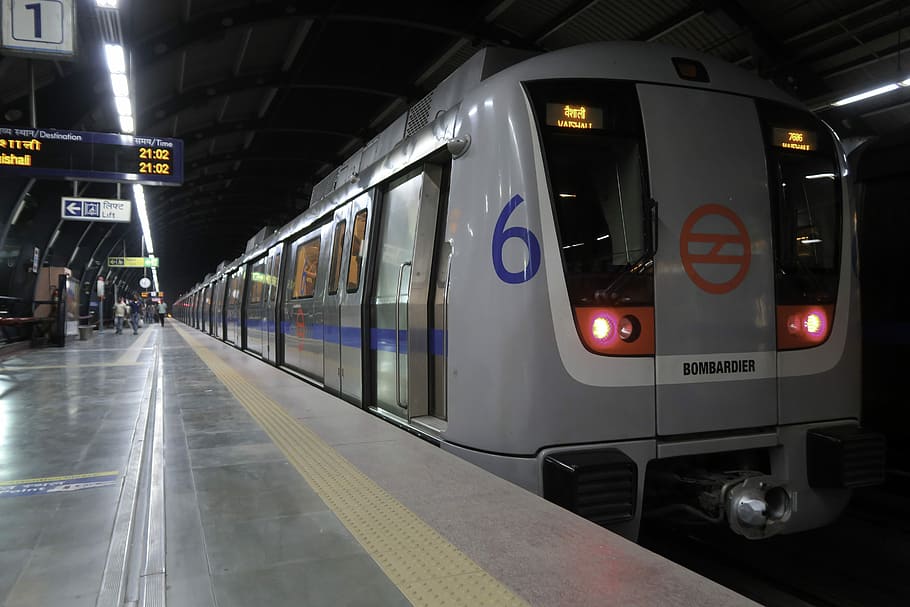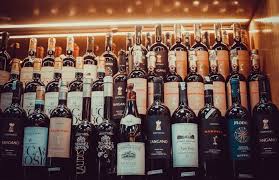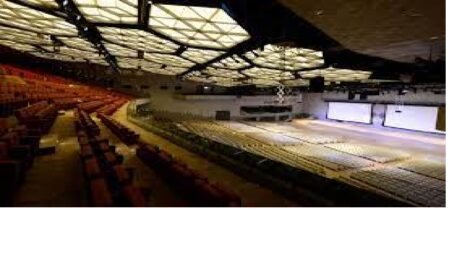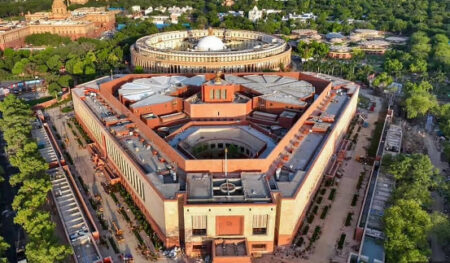
In a significant move, the Delhi Governments’ Excise Department has proposed a new regulation to Delhi Metro Rail Corporation ( DMRC) allowing passengers to carry only one sealed liquor bottle on its network. The proposed measure has received significant opposition from stakeholders who earlier in the month celebrated DMRC’s decision of allowing 2 sealed liquor bottles on all lines of the Delhi metro.
Why This New Proposal by DMRC ?
The proposal comes after the Excise department pointed out that DMRC’s network also covers the cities in Haryana and Uttar Pradesh which have different excise rules from Delhi.
While the legal age for drinking in Delhi is set at 25, Gurugram on the other hand allows liquor to be sold to anyone above the age of 18. This creates an escape route for people below the legal age of drinking in Delhi to consume alcohol within the boundaries of the capital.
Furthermore, excise officials described the difficulty in keeping a track of boarding and de-boarding details of commuters traveling between Delhi and Delhi NCR which will hamper the process of identifying people carrying liquor more than the permissible amount.
Safety and Security
Delhi Metro has been regarded as one of the most safest and efficient modes of transportation in India. Safety being a primary concern of DMRC, any disruption caused by intoxicated passengers would violate the rights of other’s safety especially in a confined space like metro. To reduce any mismanagement of behaviour onboard, the Excise department has proposed the restriction on the number of liquor bottles to be carried in metro.
Permissibility of Alcohol Earlier this Month

DMRC issued a statement earlier this month allowing passengers to carry two sealed bottles of alcohol in metro which was previously allowed to be carried only on the Airport Express Line. While drinking inside the premises of metro station is prohibited, the authorities warned passengers against any indecency and immorality caused under influence and notified them of strict lawful actions against such modes of display.
CISF personnel’s at the metro stations have been guided to only allow sealed bottles of liquor and not more than the prescribed limit of 2, allowing them to confiscate bottles that do not fit the criteria.
After the announcement, liquor shops on the borders of Delhi saw an increase in sales. Moreover, its has been found that residents of Delhi prefer buying alcohol from the bordering states given the fact that they are well equipped with imported brands and have cheap sales of alcohol.
Impact on Revenue
While several liquor businesses celebrated DMRC’s decision earlier this month, they have raised their concern over a dip in the sales following a change in proposal. While excise revenue collections were also expected to rise, a fall in the same is now predicted as compared to the sales predicated previously. This can be confirmed further by CISF personnels at metro station who started witnessing a significant rise in the number of people carrying alcohol right after the new rule had set in.












